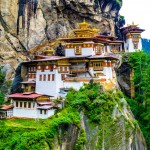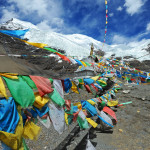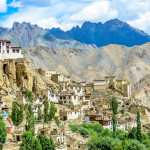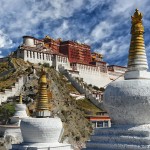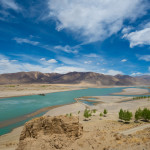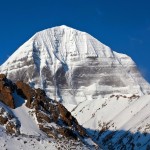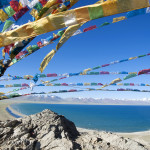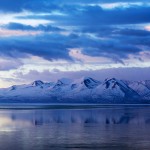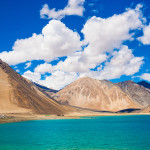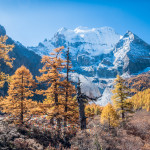Top Places to Visit in Kathmandu
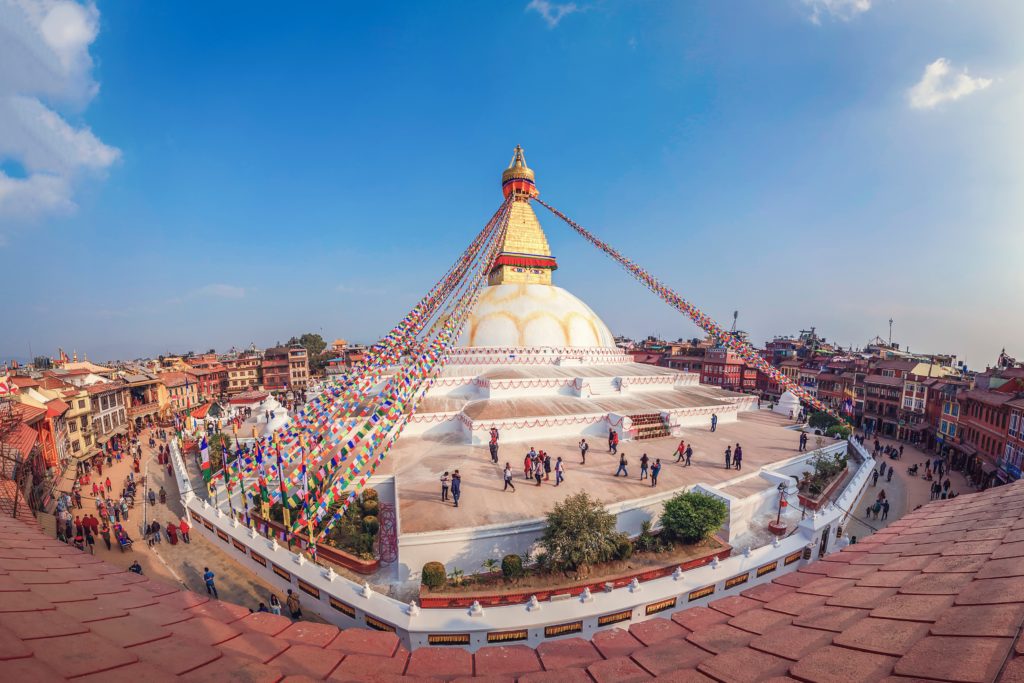
Kathmandu is one of the most interesting cities in Asia. Read this post for ideas on what to visit!
Places to Explore in Kathmandu
Interested in exploring Nepal? We can help! Email for more details: info@himalayajourney.com
Call us at (+1) 253 289 9166 in the US/Canada, (+44) 20 3239 2917 in the UK, (+61) 2 8003 5630 in Australia
Far more than just a landing places before setting out on a Himalayan Trek, there are plenty of things to see and do in Kathmandu, Nepal. In fact, you could easily dedicate a week to exploring the Nepal capital, its personable neighborhoods and its winding passageways. Over the years, I have spent quite a bit of time in Kathmandu. It is usually before or after a long trek, climbing a 6000 meter peak or arriving after completing the overland route from Lhasa to Kathmandu. This post is based off of being in Kathmandu 3 or 4 times each year for the past (almost) 15 years.
A city of stark contrasts and sensory overloads, first-time visitors to Nepal can feel something of a culture shock when they first touchdown in Kathmandu. Amid the stunning backdrop of the Himalayan foothills (haha….when the weather is clear!), navigating the city means fighting your way through jam-packed streets where rickshaws zip through the narrow alleys, where colorful market stalls selling local handicrafts crowd the sidewalks and where the echo of monks chanting spills out from ancient Buddhist temples. Kathmandu is eclectic, intoxicating and fascinating. This article has been prepared to help you make the most of your first trip to Kathmandu and explores the Top Places to Visit in Kathmandu.
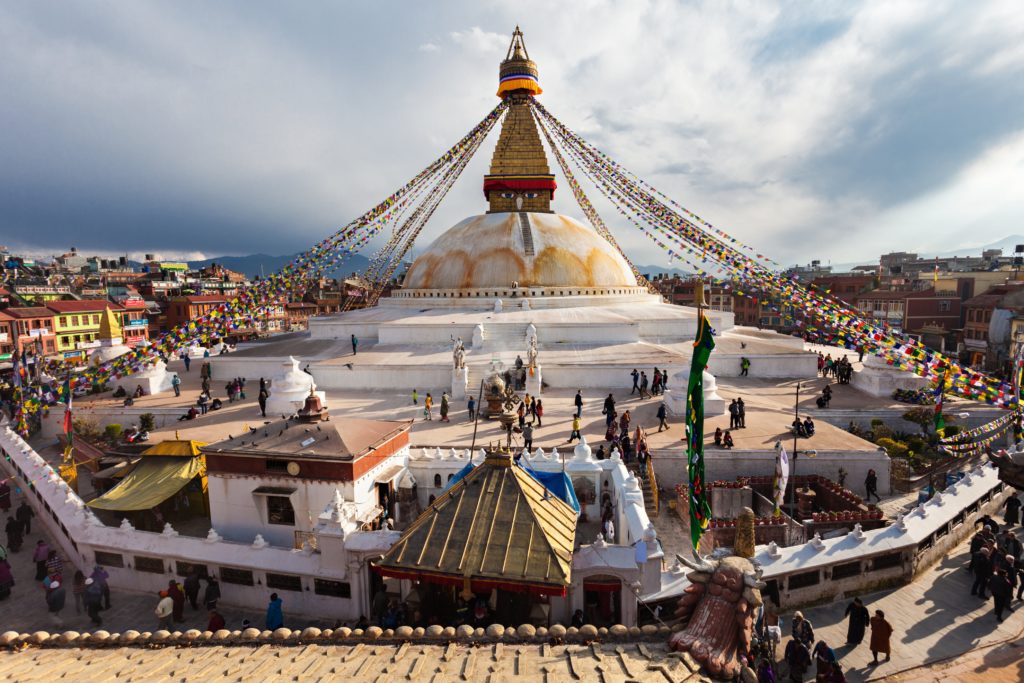
Boudhanath Stupa
Boudhanath Stupa
Surrounded by colorful prayer flags that flutter elegantly in the breeze, the Boudhanath Stupa is one of the largest Buddhist stupas in the world. With colorful painted eyes decorate on every side of it, the huge white-washed structure watches protectively over Kathmandu and its neighboring towns.
There are several stories behind the history of Boudhanath Stupa, commonly referred to as “Boudha”. One story states that stupa was originally built in the early 7th century. Another story connects Tibetan King Trisong Detsen with the construction in the mid to late 8th century. The tower is often referred to locally as “Chorten Chenpo” meaning “Great Stupa”. Undoubtedly one of the most fascinating Buddhist sites in the world, you can expect to see many Buddhist pilgrims and local devotees paying their respects and making offerings here. You will also find several small Tibetan Buddhist monasteries and nunneries in around Boudhanath Stupa as there are several thousand Tibetans living nearby.
Boudha suffered some damage during the April 2015 Nepal Earthquake, but has since been fully rebuilt. Boudha is located about 7 kilometers (4.5 miles) from the popular Thamel District. There are numerous guesthouses and restaurants in the area, making this a fun place to stay….and much quieter than Thamel. The entrance fee to Boudhanath Stupa is 400 rupees. You can easily get here by taxi from anywhere in Kathmandu.
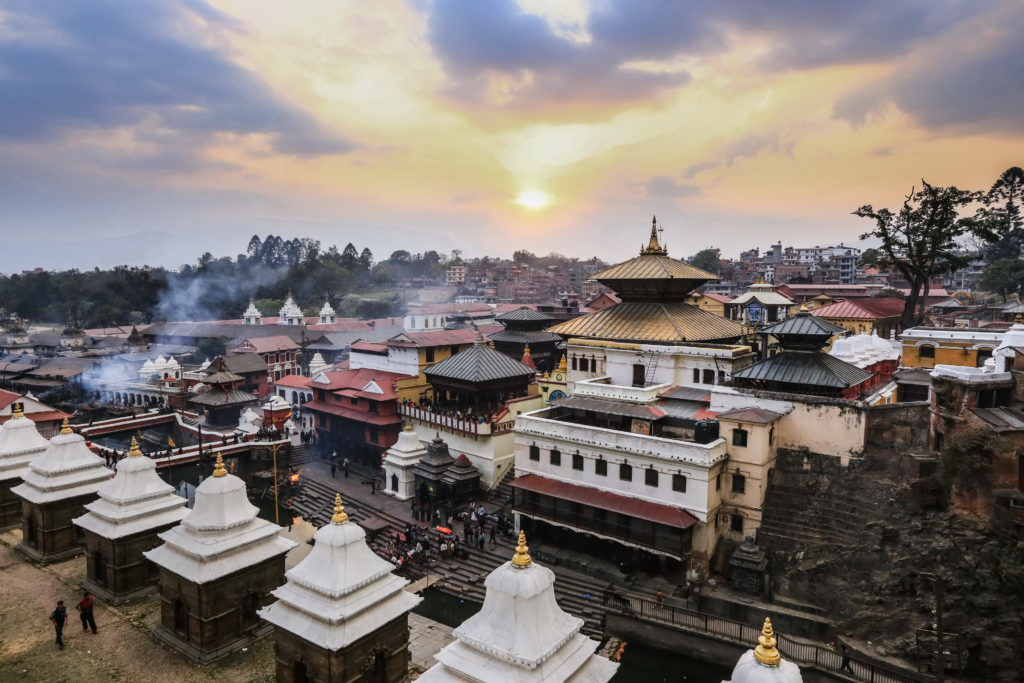
Pashupatinath is one of the most sacred Hindu Temples in the world and is found in Kathmandu
Pashupatinath Temple
One of Asia’s most sacred Hindu sites is situated on the Bagmati river. Pashupatinath Temple is a sprawling complex of various temple annexes that date all the way back to the 5th century. Dedicated to the Lord Shiva, this is the largest temple complex in all of Nepal and the fourth most important in Asia for those devoted to following the teachings of Shiva. Along the river banks, the last rites of Hindus are often delivered, with cremations taking place by the waterfront. These cremations take place each day around the clock.
Whether you are religious and spiritual or not, Pashupatinath temple is a fascinating place to visit in order to learn about the Hindu outlook on life and reincarnation. Only Hindus can enter the main temple, however the remainder of the complex is open to all. It is said that those cremated at Pashupatinath will come back in the next life as humans, regardless of whatever sins they committed during their lives. As such, you will likely encounter elderly people living out their last days at the temple, in eager anticipation for the next life.
Pashupatinath Temple has been a UNESCO World Heritage Site since 1979. It is located about 5 kilometers (3 miles) from the city center and not far from the airport. The entrance fee is 1000 rupees. The temple can be reached by taxi from anywhere in Kathmandu, Nepal.
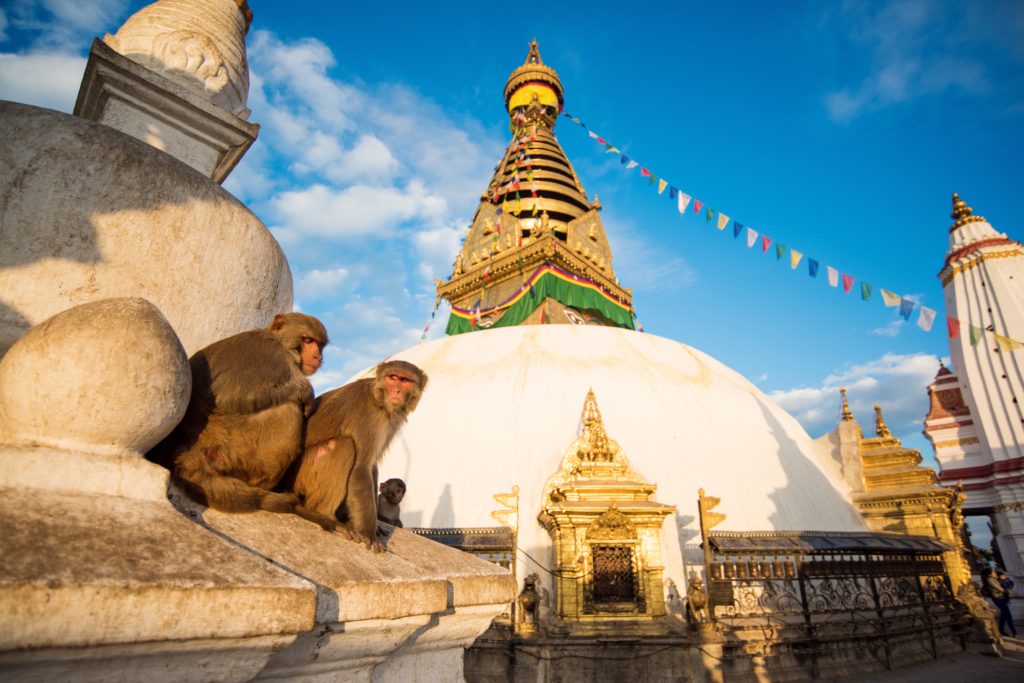
Kathmandu’s famous “Monkey Temple” (Swayambhunath)
Swaymambhunath Temple (Monkey Temple)
Affectionately known by travelers as “The Monkey Temple”, Kathmandu’s Swayambhunath temple is a spiritual and historical experience, a daily workout, and a nature trip all rolled into one! Situated atop a hill, visitors have to work their quads as they ascend 365 steps to reach the temple complex (haha….or, have your driver take you to the upper parking lot!). The colorful temple in itself is beautiful – decorated in rich tones of gold and royal blue. However the little furry creatures that call this place home are certainly one of the highlights of Swayambhunath.
Both Hindu and Buddhist devotees come to this sacred stupa. It is common to see Hindu rituals going on closer to the main stupa. On the far side of the complex (to the left of the wishing well), there is a small Tibetan Buddhist monastery. The 3 dozen or so monks here are very friendly and normally enjoy visitors.
Hundreds of monkeys live within the Swayambhunath complex and if you follow the trail that leads upwards past the temple, you can see where they sleep and hang out. Many Buddhists and Hindus believe that the monkeys here are sacred creatures, and that they were created when Manjushree, the bodhisattva of wisdom, was creating the hill for the temple and the lice in his hair fell out and transformed into monkeys. Don’t get too close to the monkeys, though. They are well-known for stealing anything they can grab….and they have been known to scratch and bite!
On the rare clear day in Kathmandu, Nepal, the view from the Monkey Temple gives a great panoramic view of the sprawling city. Swayambhunath is another UNESCO World Heritage Site. The cost of admission is 200 rupees. Plan to spend half a day here.
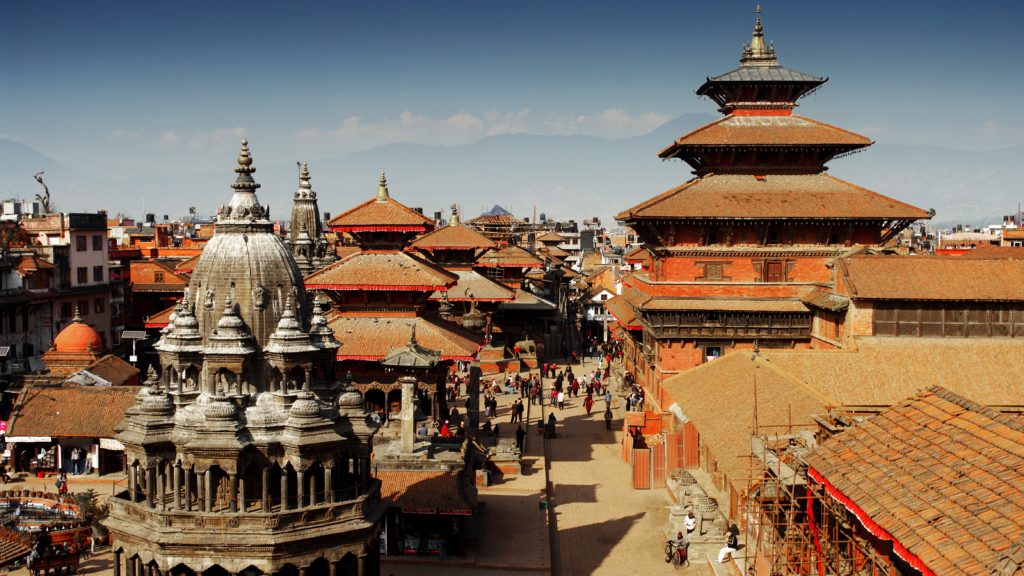
Durbar Square in Kathmandu
Durbar Square
There is a Durbar Square in Bhaktapur, but also one in Kathmandu. Confusingly, there are three Durbar Squares situated within Kathmandu Valley in total. The square that awaits in Kathmandu city is of significant historical importance. It was here where Nepalese Kings and other members of the Royal family were crowned many centuries ago. The word “Durbar” translates to “palace” and this regal area is the beating heart of old town Kathmandu. An assortment of temples, ramshackle stores and piazzas comprise this zone.
The square area is covered in temples, ancient palaces, bathing pools and more. It is easy to explore on your own, but if you really want to learn about the history of this fantastic place, a local guide is recommended.
Sadly Durbar square was heavily damaged during the 2015 earthquake that hit Nepal and restorations are still very much ongoing as of December 2018. With that considered, there is still a lot to see and do here. The entrance fee to Kathmandu’s Durbar Square is 1000 rupees.
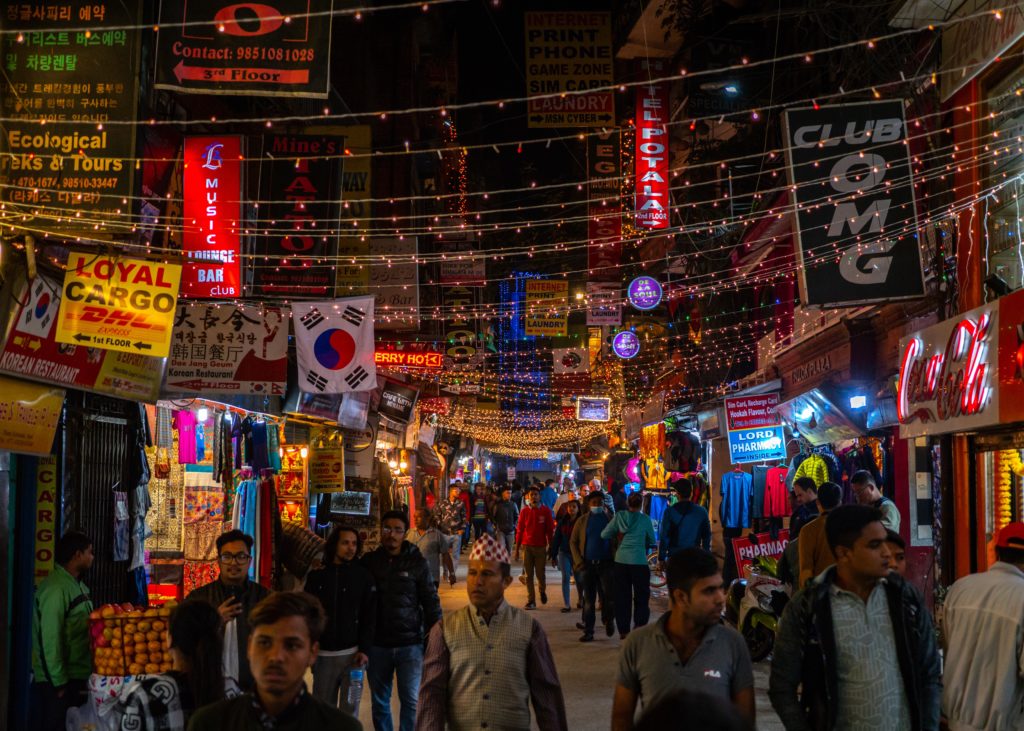
Thamel District
Thamel is to Nepal, what the Khao San Road is to Bangkok (albeit less sketchy). Though Thamel is one of the most touristic areas of Kathmandu, often referred to as being a backpacker’s mecca, the neighborhood isn’t without its charm. The labyrinth-like narrow streets here house thousands of market stalls, trekking agencies, hotels and Nepalese eateries. If you haven’t already stocked up on trekking gear for your trip, Thamel is the place to do just that (though you should be prepared to haggle!). When the sun goes down, the area comes to life making it a perfect spot to meet new travel buddies to venture onwards with. Many bars have live music playing…mostly 70’s and 80’s rock and metal!
While Thamel is definitely a backpacker hangout, it’s also a lot of fun! There are great restaurants and some great hotels and guesthouses to stay at….everything from extreme low budget to high end (I personally stay at the Dalai La Boutique Hotel or at the Mulberry Hotel). Yes, I know that the Tiger Balm sellers, the freelance “trekking guides” and hash dealers can be annoying, but Thamel is fun and a great place to stay.
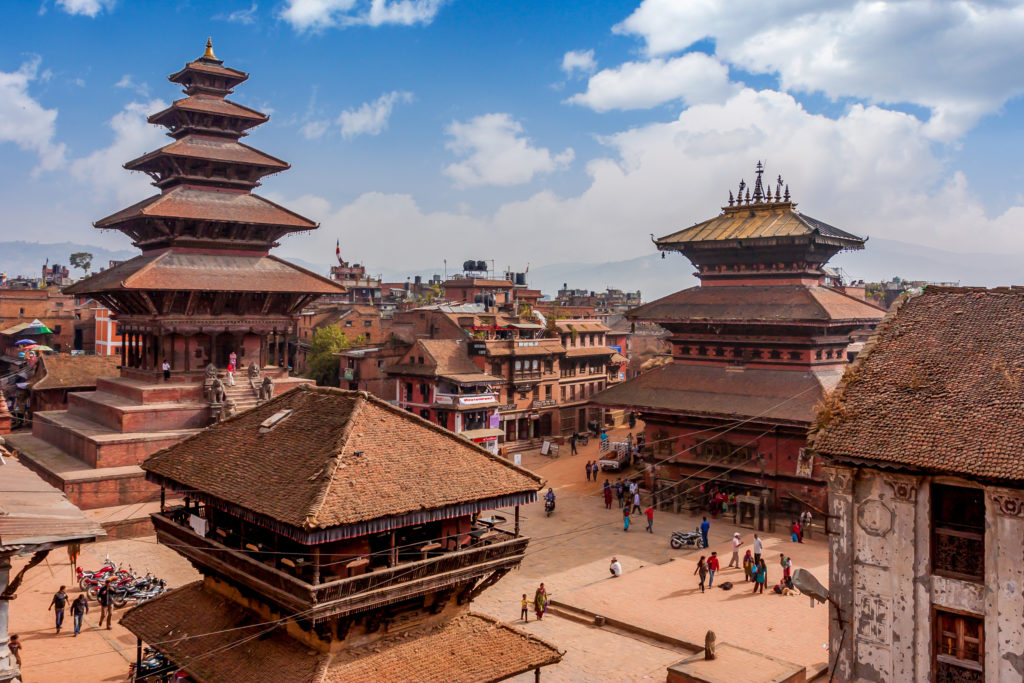
Bhaktapur
Located around 16 km (10 miles) from Kathmandu, Bhaktapur is certainly worthy of a day trip from the Nepali capital (or longer if you have time). Nepal is already a country that is steeped in history and packed full of temples and museums, however the ancient city of Bhaktapur almost transports you back in time. Bhaktapur is frequently referred to as being Nepal’s cultural city and for good reason – many ancient traditions and practices are preserved here and are still practiced today. Locals still live in traditional housing and ancient methods of pottery making, wood carving and blacksmithery are still followed. Don’t miss the Nyatapola Temple, the artisans at work in Potter’s square, or the spectacular architecture of Durbar Square.
Bhaktapur suffered some damage from the April 2015 Nepal Earthquake, but a lot of it has been repaired. There are still a few areas that are still being fixed, but I still recommend going there. There are some comfortable guesthouses to stay at and numerous restaurants to choose from. I suggest going to one that has rooftop seating. The entrance fee to Bhaktapur, another UNESCO site, is 1500 rupees.
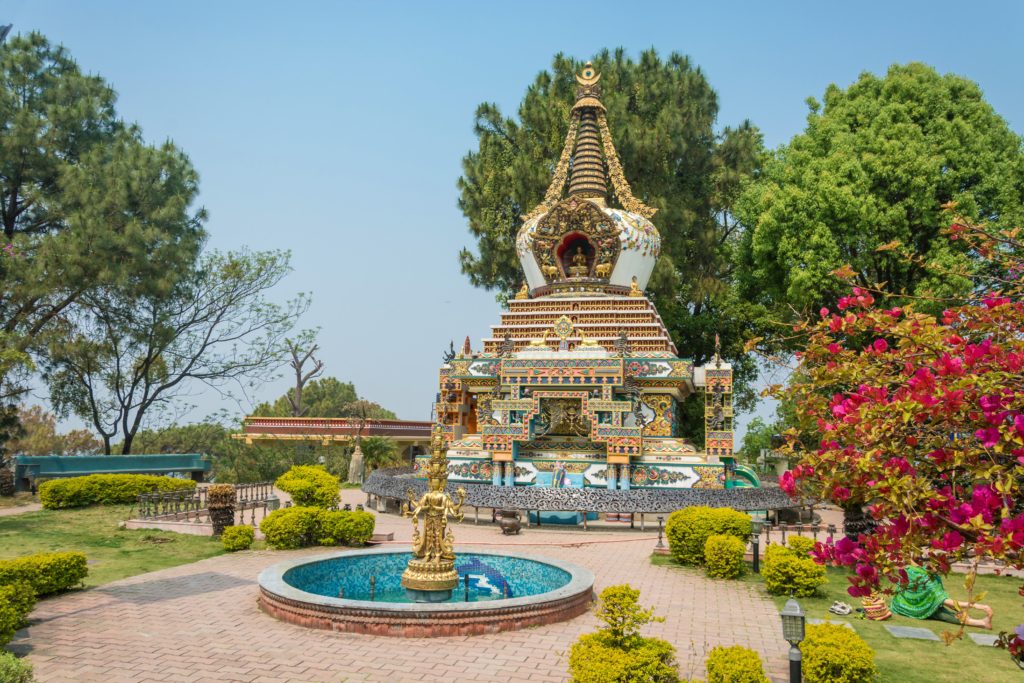
Kopan Monastery
A monastery that practices Tibetan Buddhism, Kopan Monastery sits atop a hill of the same name, close to the historic stupa of Boudhanath. Offering far more than just a temple complex to wander through, Kopan Monastery offers immersive experiences for those wishing to learn about the Buddhist religion. Visitors do not need to be Buddhist in order to participate in one of the programs here; they just need an open mind and an interest in spirituality.
Programs hosted at Kopan Monastery range from daily speeches and relaxing retreats, to intensive courses about Buddhism. If you do not have the time and freedom of schedule to allocate an extended amount of time to being at Kopan Monastery, a day trip from Kathmandu is still certainly worthwhile in order to observe the beautiful interiors of the colorful site, and learn about its fascinating history. Just down from the monastery is the Kopan Nunnery. The nuns there are very welcoming and friendly.
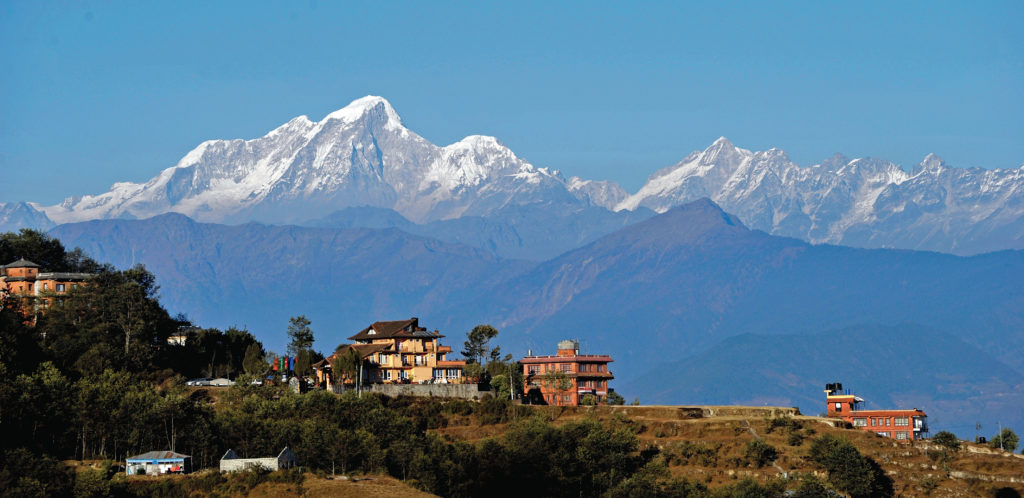
The view of the Himalaya Mountains from Nagarkot
Nagarkot
Yes, I know that Nagarkot is 32 kilometers (20 miles) from the center of Kathmandu, but I had to include it in this post! Nagarkot is well-known for being an awesome place, that is close to Kathmandu, to watch the sunrise or sunset on the Himalaya Mountains. During the monsoon months from mid June thru late September, don’t bother making the trip here as the mountains will probably be covered in heavy clouds. But, most other times of the year the view here is epic.
Nagarkot, elevation 2175m (7140 feet) now has many different guesthouses and hotels to stay at with plenty of restaurant options. A lot of the hotels are built facing the mountains. I personally like to stay at the Club Himalaya Hotel, which has a great breakfast buffet. If you do stay at Nagarkot, its a great place to do some day hiking. If you don’t have time to make it up to Everest Base Camp, Annapurna or other treks in the mountains, an overnight trip to Nagarkot will at least get you a good view of the Himalayas.
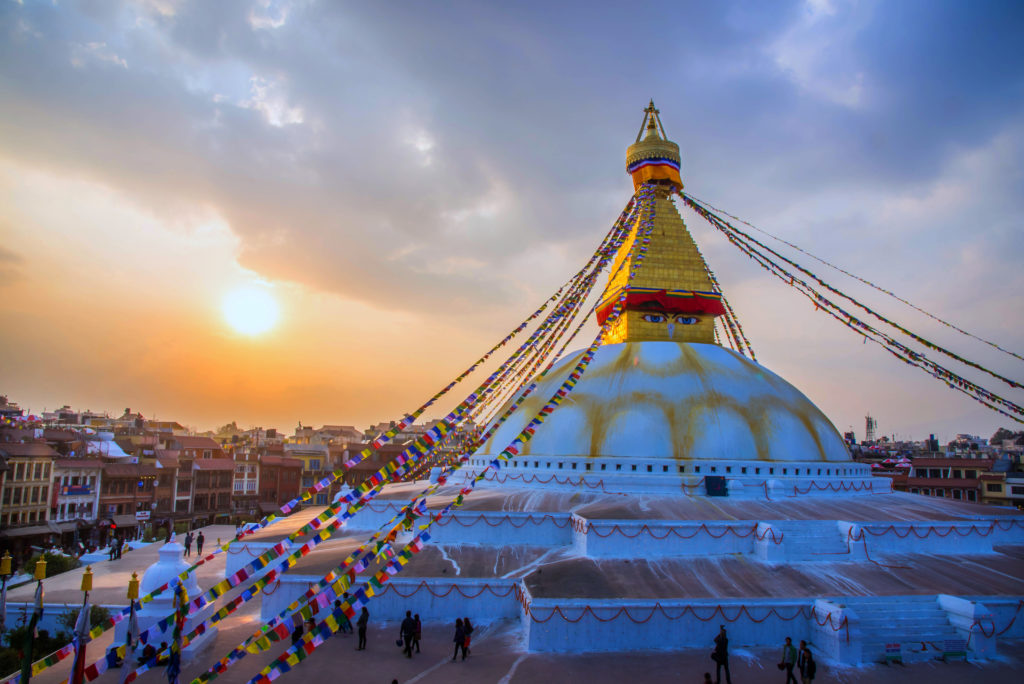
Boudhanath Temple
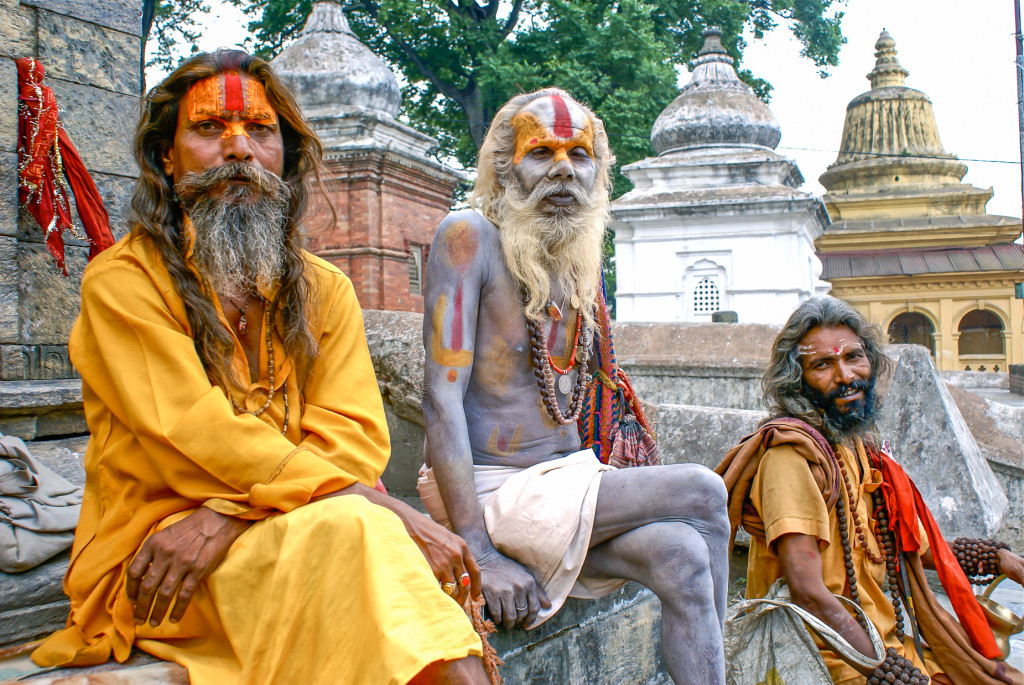
Hindu Sadhu men at Kathmandu’s Pashupatinath Temple
Summary: Top Places to Visit in Kathmandu
Kathmandu can seem a bit chaotic and can give first-time visitors a bit of sensory overload, but still, it’s a cool city to spend some time in. I have been to all of these places many times and always enjoy them. I particularly like having dinner at a rooftop restaurant at Boudhanath while watching the sun set beneath the stupa….it’s pretty amazing! As much as the “tiger balm sellers” drive me crazy in Thamel, I still love roaming the narrow streets. For most people, Kathmandu is a place that they have to stay at before and after a climb or trek. But there are some really unique places to explore!
If you have any questions about my Top Places to Visit in Kathmandu, email for more details: info@himalayajourney.com
Call us at (+1) 253 289 9166 in the US/Canada, (+44) 20 3239 2917 in the UK, (+61) 2 8003 5630 in Australia

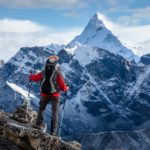 Everest Base Camp Trek Packing List
Everest Base Camp Trek Packing List 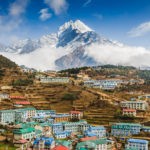 How to Book a Journey
How to Book a Journey 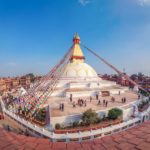 Top Places to Visit in Kathmandu
Top Places to Visit in Kathmandu 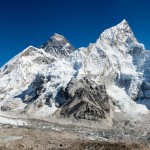 Nepal Travel Information
Nepal Travel Information 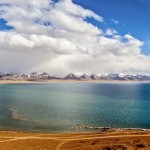 Tibet
Tibet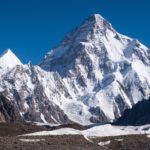 Pakistan
Pakistan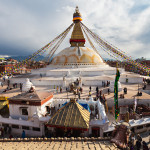 Nepal
Nepal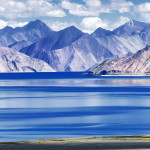 India
India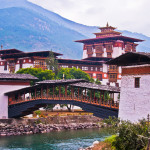 Bhutan
Bhutan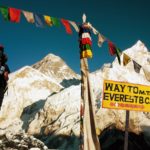 October 2024 Nepal Everest Base Camp Trek
October 2024 Nepal Everest Base Camp Trek 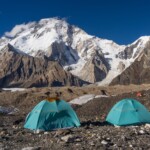 July 2025 Pakistan Broad Peak Climbing Expedition
July 2025 Pakistan Broad Peak Climbing Expedition 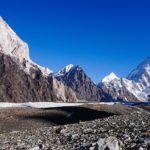 June 2025 Pakistan K2 Base Camp Trek
June 2025 Pakistan K2 Base Camp Trek 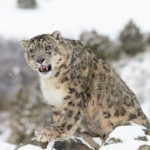 September 2025 Tibet Snow Leopard Expedition
September 2025 Tibet Snow Leopard Expedition 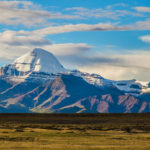 June 2025 Tibet Everest and Kailash Trek
June 2025 Tibet Everest and Kailash Trek 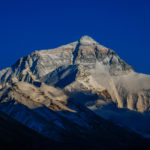 April 2026 Overland from Lhasa to Everest and Kathmandu
April 2026 Overland from Lhasa to Everest and Kathmandu 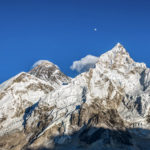 2025 Mount Everest Adventure
2025 Mount Everest Adventure 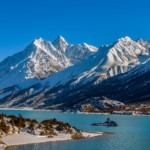 2025 Tibet Tours
2025 Tibet Tours 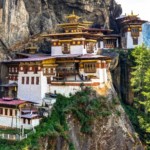 2025 Bhutan Tours
2025 Bhutan Tours 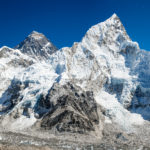 2025 Nepal Everest Base Camp Trek
2025 Nepal Everest Base Camp Trek 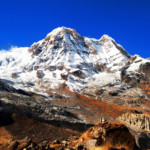 2025 Nepal Annapurna Base Camp Trek
2025 Nepal Annapurna Base Camp Trek 